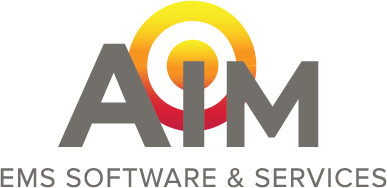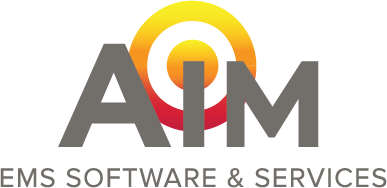The new year is quickly approaching—that means new deductibles. How does your EMS Agency plan to handle exposure to deductibles this January?
There is no way to completely alleviate the reduction of revenue your EMS agency will experience from deductibles, but there are ways to reduce your exposure. For instance, it's a common EMS billing practice to hold January Medicare Part B claims for 3-4 weeks before submitting. Sometimes it's longer, depending on the length of time that crossover takes. Doing this helps to reduce exposure to deductibles that minimize the number of patient pay claims.
In other words, to reduce your exposure to deductibles, don't file too early in the year.
Start thinking beyond holding Medicare claims.
As more and more commercial carriers move to higher deductible plans, some EMS providers are also looking at holding January claims for some of their top commercial payers. This requires more thought and policy development then just holding Medicare deductibles.
If the deductibles are too high, you could end up waiting much longer to receive reimbursement. EMS agencies and billers need to consider what type of transport it was and determine how likely it is there will be other facility-related services for a transport that would quickly absorb the deductible and make it worth holding for a few weeks.
If you are considering this practice, you should:
- Establish a process and manage it closely
- Set clear guidelines for billers to follow regarding claim criteria and how long it should hold
- Don’t wait too long to bill the patient. It could cause more administrative work then it is worth, and upset a patient because it took so long to find out what they owed.
Holding deductibles may lead to a downturn in cash received in January and February, but it can quickly make up for it in March—if the practice has clearly defined rules.
If done right, the revenue per trip is higher using this practice, as these deductible amounts can be much harder to collect from the patients versus the insurance payer.
Make holding claims and determining deductibles easier with AIM Online Billing Software.
AIM’s billing eligibility feature allows you to quickly identify if a patient’s deductible has or hasn’t been met yet. In the cases where it hasn’t, the system has the ability to schedule actions so billers can easily follow-up in 1-4 weeks to see if there has been any change in the deductible balance.
Our Online EMS Billing Software's EMS Billing Eligibility Feature can help EMS providers—like you!— manage exposure to deductibles efficiently.
More articles:





